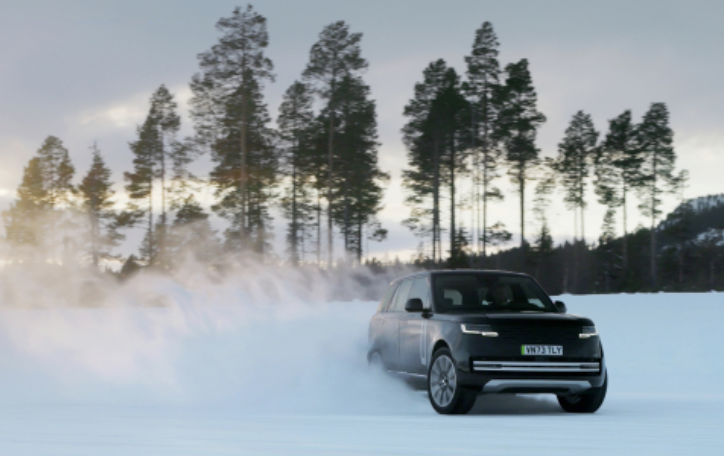
Electric Range Rover is coming

Range Rover is testing its new electric flagship in Arctic conditions and claims its on- and off-road capabilities to be even better than before /JLR
The first images of Range Rover’s fully electric SUV have been revealed, showing a modern take on the iconic SUV. Range Rover’s first el


Comments
Ready to join the conversation?
You must be an active subscriber to leave a comment.
Subscribe Today